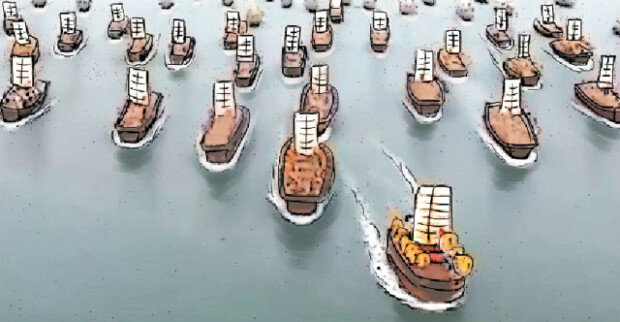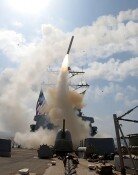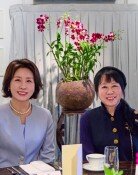Young Confucianists who learned war from books
Young Confucianists who learned war from books
Posted July. 17, 2018 07:54,
Updated July. 17, 2018 07:54

On July 11, 1419, 17,285 soldiers in 200 warships departed Geoje Island for Tsushima Island, a nest of Japanese invaders. Not all Japanese invaders lived in Tsushima Island but the island was the optimal place for Japanese raiders, who lived in nearby islands and coastal areas, to gather on their way to Joseon. The governor of the Japanese island received tolls from Japanese raiders and traded with them. He treated them considerately. Joseon suffered from Japanese invasion since late Goryeo. Nurturing naval forces and fighting back strongly against the invaders had proved somewhat effective but Japanese raiders did not stop attacking Joseon.
The abdicated King Taejong ordered to attack the Tsushima Island, saying, “We cannot suffer from them anymore.” The residents of the Tsushima Island got panicked when they saw Joseon warships from the seashore. They deserted their houses and villages and ran away to the mountain. Joseon soldiers easily occupied the port and burned down the houses and ships. From a modern standpoint, it may look like a scorched-earth policy that does not distinguish the enemy from civilians. But the strategy was regarded as a natural tactic in a war during that time.
The operation was successful. Some argued, however, they could be under fire for wiping up empty villages instead of attacking the mountains the enemy are hiding. So the soldiers attacked the mountain, which ended up as a big failure. Joseon soldiers were ambushed on narrow mountain valleys and routed as a result. I myself have visited there once. It seemed impossible for Joseon soldiers to win their battles in that mountainous area. Is the commander in chief the only person to be blamed for the defeat?
There are records of young Confucianists, who were never been in a battle, criticizing military commanders in the Annals of the Joseon Dynasty. Commanders, who distinguished themselves at a battle, were not properly credited and could not make their own decisions at a battlefield. Those, who made decisions on their own terms, often got humiliated afterwards. Commander Lee Jong-mu, who conquered the Japanese island, was exiled for a trivial matter after returning to Joseon and eventually died in exile. Public opinion is important in a democratic society. But public opinion also has its roles and there are areas where public opinion should not be taken into account. A society, where emotional public opinion prevails over experts and a non-expert pretends to be an expert, cannot go into the right direction. I wonder whether the Joseon soldiers died on Tsushima Island blamed their command-in-chief or the world that forced their commander to make such decision.







